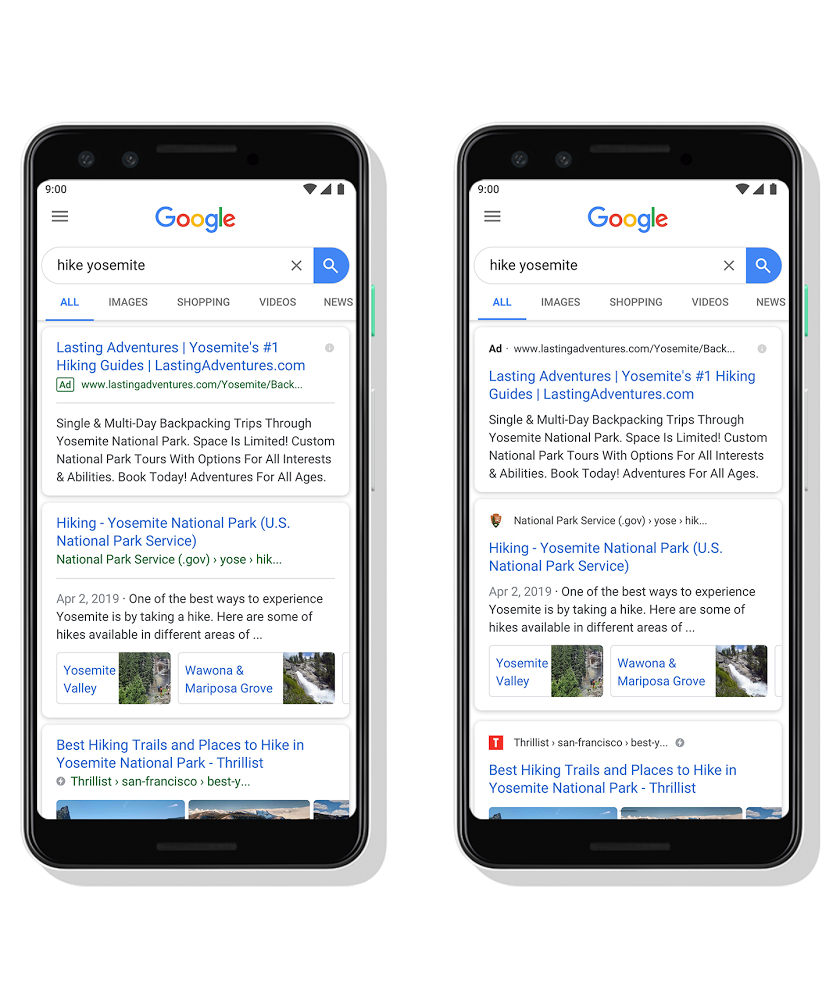Apple announces Safari will only allow HTTPS certificates with a validity of 13 months
At the 49th CA / Browser Forum (a consortium of certification authorities formed in 2005), Apple announced that the Safari browser would begin in September 2020 and stop allowing HTTPS certificates with a validity period of no more than 13 months.




